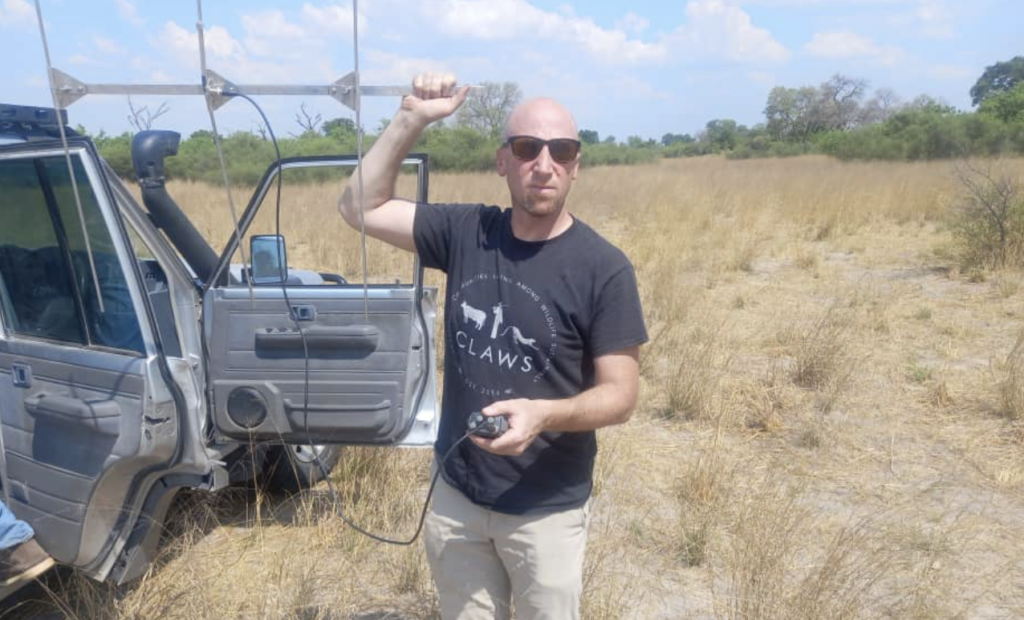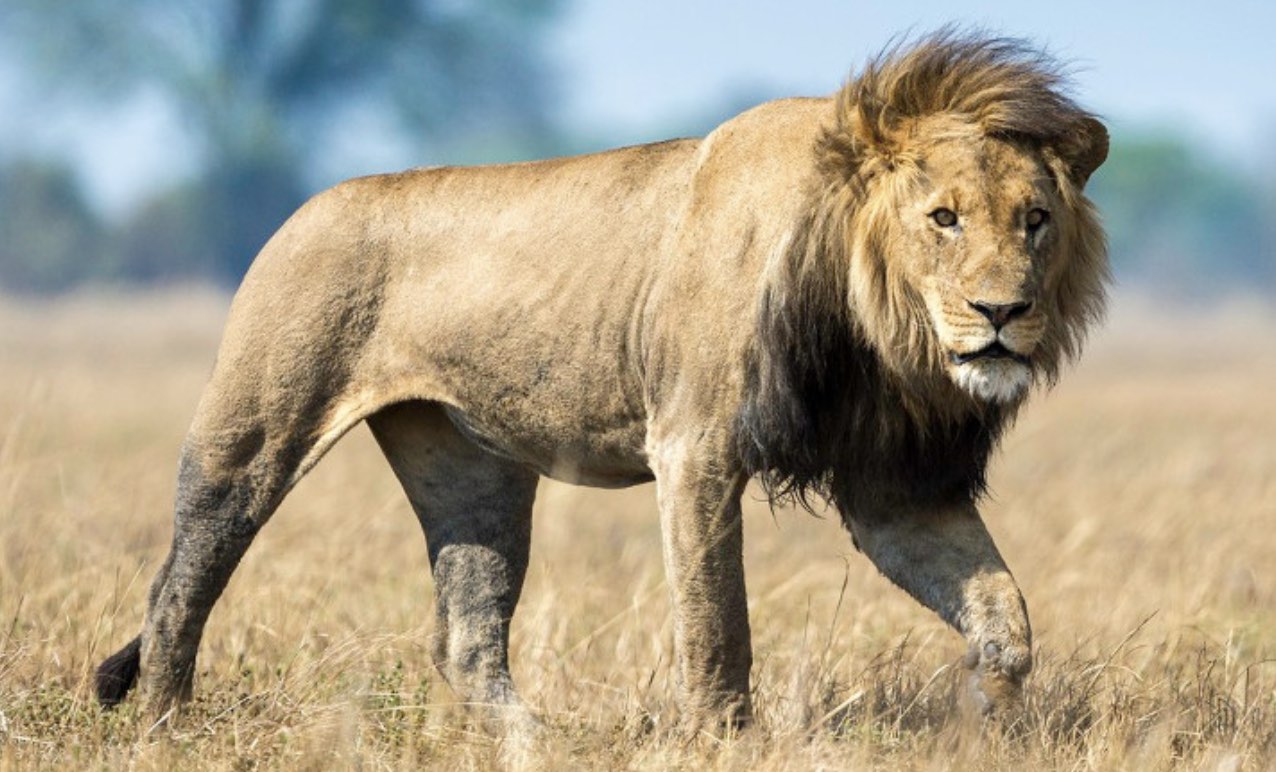Okavango Delta: Non-profit organisation Claws Conservancy’s efforts to promote human- wildlife coexistence will also have marginalised villagers in the Okavango Delta panhandle smiling all the way to the bank.
An initiative to mitigate conflict between Eretsha cattle farmers and lions will turn into financial benefits for the local community through a mobile quarantine facility. For years now, cattle farmers in Eretsha and surrounding villages have been transporting their cattle some 400 kilometers for quarantine in Makalamabedi before finally having them slaughtered by Botswana Meat Commission (BMC) an extra 100 kilometers away in Maun.
The BMC, which exports Botswana beef to mainly the European Union, is the main consumer of beef across the country. The EU has been a lucrative market for Botswana beef for years. The European region accounts for more than 30% of BMC exports per annum, and is attributable to a yearly average of more than 60% of its revenue/sales.
Eretsha pastoral farmers have had to dig deep into their relatively empty pockets to finance every step until their cattle reach BMC, before their beef eventually ends up on someone’s plate somewhere in London, Berlin or Paris.
Through the mobile quarantines sponsored by Claws Conservancy in Eretsha, the villagers will no longer have to spend half their earnings paying for transport and related expenses to quarantine their cattle in Makalamabedi. Speaking to journalists in Eretsha village, the committee chairman of the communal herding programme, Monnaaleso Sanga hailed the initiative as a great opportunity for farmers to make and save money. This will also help ease the tension already created by the constant slaughter of their cattle by roaming lions.
“It has always been a struggle to gain access to the quarantine,” Monnaaleso told journalists from the Space for Giants/USAID Fellowship Programme.
“A two day trip to quarantine cattle in Makalamabedi can take up to 30 days because of the long queue of farmers from around the region. The costs would be extremely high,” he said.

Cattle will now move directly from the Eretsha quarantine to BMC, thanks to Claws Conservancy Botswana’s intervention. Claws Conservancy founder and Executive Director Dr. Andrew Stein (a wildlife biologist) said while the organisation currently assists with the expertise and finances to carry out the communal herding and quarantine programmes, they hope the projects will in the future be self-sustainable.
“We want the community to fully buy into these initiatives and take full control,” he told journalists outside one of the quarantine kraals (Bomas) on the outskirts of Eretsha village.
Claws employs six herdsmen and women who alternate for three-week periods looking after the cattle. The quarantines are supported by already existing communal kraals also employing more herdsmen from the community.
Dr. Stein said the organisation had also identified a market at various Okavango Delta-based safari lodges who would buy cattle from the farmers at good prices. He hopes the community will eventually have their own abattoir to cut the costs even further. This will significantly reduce dependence on BMC for market. In 2020, BMC suspended cattle entering Makalamabedi quarantine due to overgrazing. Initiatives like that of Claws Conservancy and the Okavango communities will go a long way in mitigating such circumstances. It will take some weight off the already crowded quarantines as well.
Government media, BOPA, reported at the time that the decision was taken to give the facility time to recover. Unfortunately, the poverty the marginalised communities living on less than US1$ a day is relentless. BOPA reported that the quarantines in the area had not been effective for over 10 years. The Government decided to rehabilitate them, starting with the Makalamabedi one as it needed minimal resources, dealing the Eretsha and surrounding communities a devastating blow.
To lift the suspension, the BOPA article said, the Government would be guided by the level of grazing, adding that range officers would assess the situation before they could accommodate cattle.
Claws Conservancy, with the help of Eretsha community, is also working on drilling a borehole where cattle can drink water away from predators. To mitigate the situation and save both the lions and the cattle, Claws Conservancy through their ‘Pride in Our Prides: Conserving lions through collaboration in the Okavango Delta panhandle initiative is working with herders to revive an old way of moving livestock around that has both a climate benefit and a human wildlife conflict benefit.
Dr. Stein said communal herds reduce conflict by increasing efficiency. He said a handful of people are responsible for protecting the large herds that mimic the natural formation of wild herbivores, moving in tight groups as anti-predation behaviour.
“Certified herders monitor livestock and its health and protect them from predators, allowing community members to engage in other livelihood activities knowing that their cattle are safe.”
The Claws Conservancy is a registered nonprofit organisation whose mission is to develop innovative approaches to promote human- wildlife coexistence. It focuses on high-priority species and known conflict areas. It builds partnership networks and uses scientific research into the status and ecology of large carnivores, creating assessments of possible tools and solutions. Claws develops economic, social and ecological approaches for human-wildlife coexistence coordinates efforts between various stakeholder groups, including government agencies, community groups, non-profit organisations, academic institutions, tour operators and researchers for effective implementation.




